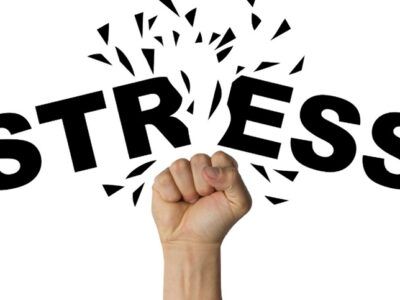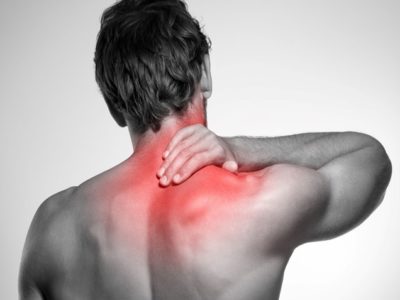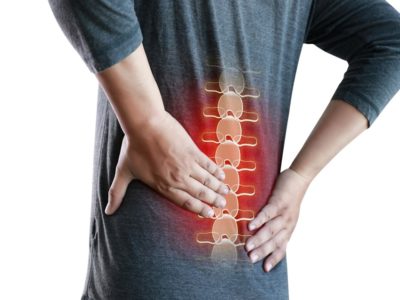Do you often find yourself tossing and turning at night, unable to get a good night’s sleep? Are you plagued by pain throughout the day? If so, you’re not alone. Millions of people around the world suffer from both sleep deprivation and chronic pain. In this post, we will explore the connection between sleep and pain and discuss some of the best ways to get the most out of your sleep!
Everything You Need to Know About the Sleep-Pain Connection
Sleep and pain are intimately connected. When you don’t get enough sleep, your pain levels increase. And when you’re in pain, it can be hard to get the restful sleep you need. This can create a vicious cycle in which pain leads to sleeplessness, which leads to more pain. As a result, understanding the process can aid in finding solutions to break the cycle. One such solution may be found in recognizing that different types of pain can actually have different effects on sleep.
Nociceptive pain, which is caused by tissue damage, is the most common type of pain. It can be acute, like when you stub your toe, or chronic, like lower back pain. Nociceptive pain is characterized by a dull, aching sensation. This type of pain typically doesn’t interfere with sleep but can make it harder to fall asleep in the first place. On the other hand, neuropathic pain, which is induced by damage to the nerves, can make it difficult to stay asleep. Neuropathic pain is often defined as a burning, shooting, or tingling sensation.
Chronic pain, which is defined as pain that endures for more than 12 weeks, can be especially debilitating. Not only does it make it hard to get a good night’s sleep, but it can also lead to other problems, such as depression and anxiety. In fact, research has shown that people with chronic pain are more likely to suffer from sleep disorders such as insomnia. In such cases, the pain management center of Indiana can help create an individualized treatment plan to address both the pain and the sleep disorder. So, don’t hesitate to reach out for help if you’re struggling to cope with chronic pain!
Tips for Getting a Good Night’s Sleep
There are a number of things you can do to improve your sleep quality and get the most out of your slumber. First, limit your exposure to electronics in the hours leading up to bedtime. The blue light emitted by screens can interfere with your body’s natural sleep-wake cycle and make it harder to fall asleep. You may also create a relaxing bedtime routine, as this can help signal to your body that it’s time to wind down for the night. This might include taking a warm bath, reading a book, or stretching.
In addition to this, take care of your diet and make sure you’re getting enough exercise. You may even consider steps to relieve osteoarthritis aches and pains so that you can reduce the amount of pain you’re in and, as a result, improve your sleep. Finally, make sure to create a comfortable sleeping environment. This means keeping your bedroom dark, quiet, and cool. By taking these steps, you can get the best night’s sleep possible!
To Conclude
Sleep and pain are closely linked. If you’re struggling with either one, it’s important to seek help so that you can break the cycle with the help of a pain management center. In the meantime, follow the tips above to get the most out of your slumber. Sweet dreams!












Comments